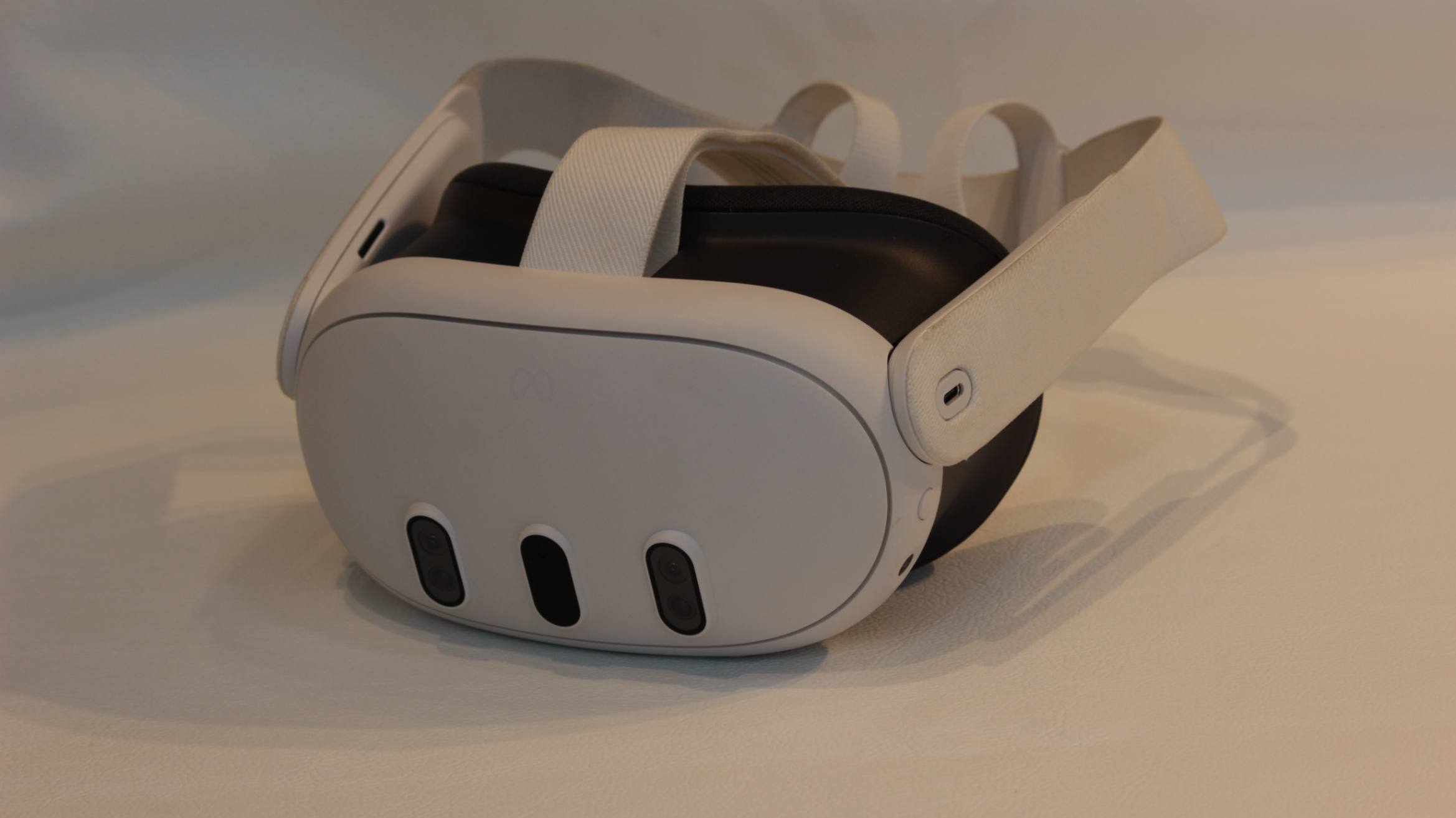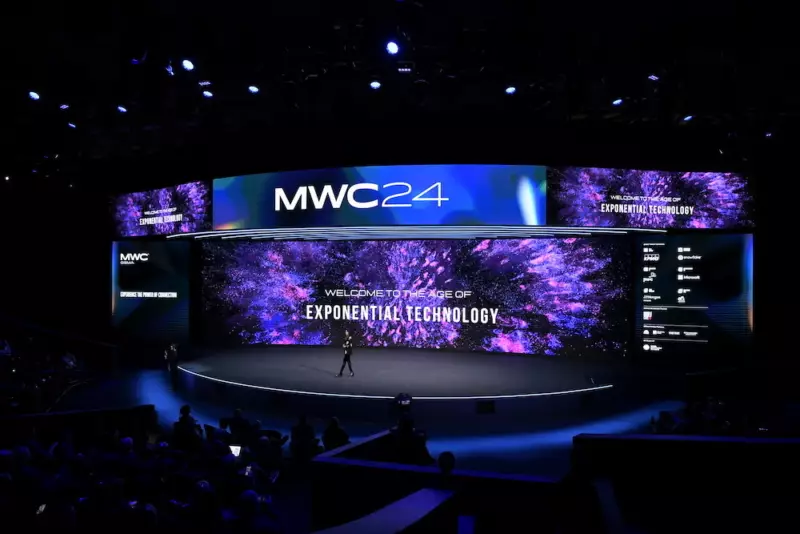Nvidia Rumored to be Working on a PC Gaming Handheld: A Closer Look
The recent success of Valve’s Steam Deck has sparked a surge of interest in PC gaming handheld devices, with Lenovo Legion Go and Asus ROG Ally emerging as potential contenders in this space. Adding to the buzz, rumors suggest that Nvidia is gearing up to enter the arena with its own PC gaming handheld.
According to YouTuber Moore’s Law Is Dead, Nvidia is reportedly serious about venturing into the handheld gaming market by integrating its graphics intellectual property into a new device. This move aligns with the growing demand for portable gaming solutions and presents an opportunity for Nvidia to establish its presence early in this evolving market.
One notable aspect of the current landscape is the predominant use of AMD APUs to power these handheld devices, with Intel alternatives expected to enter the market in 2024. This creates a gap for Nvidia to leverage its own components and position itself as a formidable competitor to the existing offerings, including Valve’s Steam Deck.
In an intriguing twist, rumors suggest that Nvidia may be exploring a partnership with Intel to develop a premium gaming handheld. While this collaboration could potentially address compatibility challenges, it would also necessitate efficient thermal management due to the separate CPU and GPU components.
Nvidia’s interest in developing a PC-oriented portable system comes as the company seeks to expand beyond the console market, where it currently powers the Nintendo Switch with its silicon. This strategic move underscores Nvidia’s ambition to diversify its gaming portfolio and tap into the burgeoning market for handheld PC gaming devices.
While the prospect of Nvidia entering the handheld gaming space is certainly exciting, it is worth noting that the company has previously ventured into this territory with the Nvidia Shield. Initially positioned as a portable gaming device, the Nvidia Shield faced stiff competition from Nintendo’s gaming systems and struggled to resonate with the PC gaming audience.
In a shift of focus, the Nvidia Shield evolved into a 4K HDR streaming device, offering advanced features and capabilities. However, its premium pricing positioned it against more affordable streaming alternatives, limiting its appeal to the average consumer.
As Nvidia reportedly gears up for a fresh foray into the handheld gaming market, there is anticipation for the company to leverage its technological prowess and market insights to create a compelling and competitive offering. With a potential Nvidia handheld on the horizon, the stage is set for increased competition and innovation in the burgeoning PC gaming handheld space.




